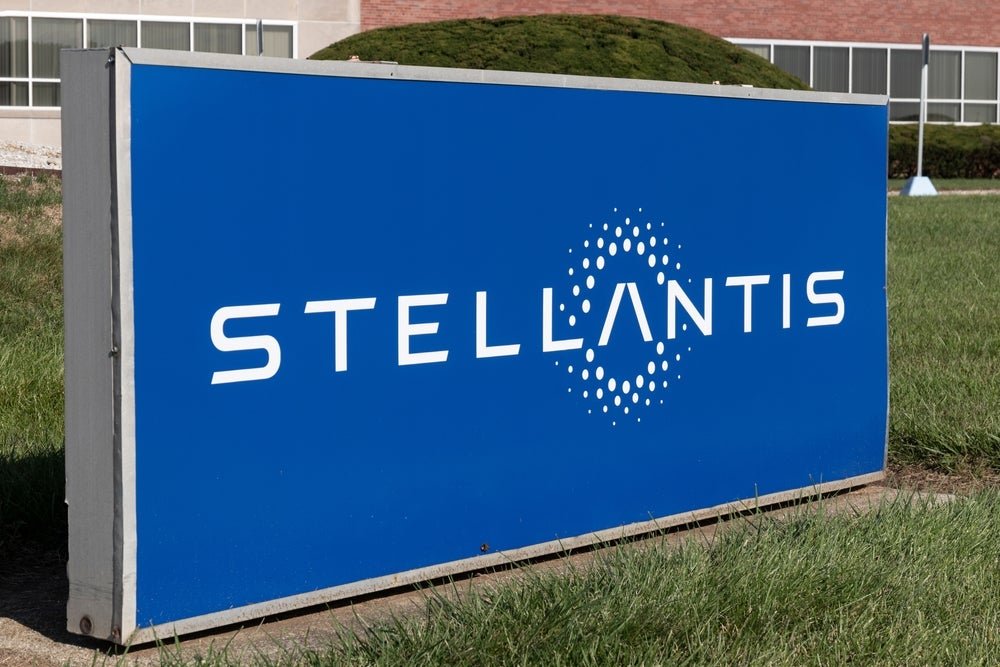Nvidia Corp. (NASDAQ: NVDA) recently reported impressive quarterly results that exceeded analyst expectations in most segments. However, one area of concern was the 4% year-over-year decline in automotive revenue, raising questions about the adoption of self-driving technology in electric vehicles (EVs).
Gene Munster, fund manager at Deepwater Asset Management, weighed in on the segment’s performance and its implications for EVs. “I’m a huge believer in autonomy, and I’m disappointed that the segment is down 4% YoY,” he said. He saw the performance as a leading indicator for the adoption of self-driving tech. “Self-driving cars will take time and have a GPT momentum.”
Despite the decline, Nvidia’s Automotive segment reached an annual revenue run-rate of $1 billion in fiscal year 2024, according to Munster, indicating continued interest from some automakers, even with slower-than-expected growth.
Self-driving technology offers potentially higher margins through a software-as-a-service model, appealing to EV manufacturers seeking to improve profitability. However, concerns remain regarding safety and regulatory hurdles. Public apprehension and lack of clear regulations could significantly impact the timeline for widespread adoption.
Nvidia mentioned on the post-earnings conference call the continued adoption of its “DRIVE” platform and the upcoming next-generation “Drive Thor” with advanced AI capabilities, including autonomous driving and parking, driver and passenger monitoring, and AI cockpit functionality.
Currently, Nvidia supplies self-driving chips to several Chinese automakers like Li Auto, Inc. (NASDAQ: LI), Great Wall Motor, Geely Automobile Holdings Limited’s Zeekr premium subsidiary, and Xiaomi Corporation (OTC: XIACY). Their progress and commitment to the technology will be crucial indicators for the future of self-driving EVs.
Tesla, also an Nvidia customer, is working towards reducing its reliance on the chipmaker by developing an in-house supercomputer named Dojo. CEO Elon Musk mentioned on the second-quarter earnings call last year that Tesla is using a lot of Nvidia hardware to perfect its self-driving technology.
The KraneShares Electric Vehicles and Future Mobility Index ETF (NYSE: KARS) closed Wednesday up 0.51%, suggesting broader EV market optimism.
In conclusion, while there are challenges and concerns surrounding the adoption of self-driving technology in EVs, companies like Nvidia and Tesla are making significant strides in this area. The future of self-driving EVs will depend on continued innovation, regulatory developments, and consumer acceptance.




